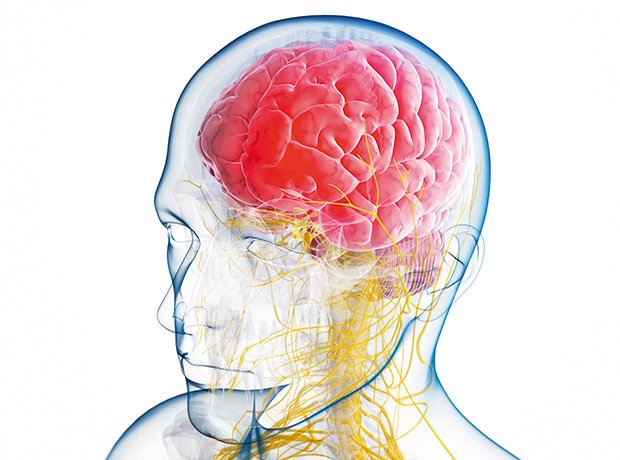Hope for Parkinson’s disease and Lewy body dementia patients

Research into modified RNA messages could help treat diseases and develop new therapies
Toxic proteins within the brain that cause Parkinson’s disease and Lewy body dementiahave the potential to help develop new targeted therapies.
University of Nottingham experts – led by Dr Helen Miranda Knight – have discovered that the modification of ribonucleic acid (RNA) in human brain tissue is disrupted among neurodegenerative diseases. These conditions include Lewy bodies dementia and Parkinson’s disease.
Published in Neuropathology and Applied Neurobiology, the research has established modified m6A RNAs as a novel molecular mechanism that is altered in Lewy body disease and which may drive the formation of neurotoxic protein aggregates known as Lewy bodies.
Researchers also used microscopy and machine learning to investigate the spatial location and abundance of modified RNA in human cells in brain regions. In particular, it targeted the functions important for cognitive and memory ability, such as frontal and cingulate cortices.
In each disease, researchers understood that modified RNA are misplaced within cells, especially in regions of the brain where synapses are located. Meanwhile, data indicated that the proteins involved in the process are changed in individuals with Alzheimer’s disease or who show cognitive resilience.
Knight reflected: “Our findings support evidence that changes in m6A modification of RNA may be a mechanism influencing the formation of toxic protein aggregates such as Lewy bodies, amyloid plagues and neurofibrillary tangles, which cause neuronal dysfunction in Lewy body dementia, Parkinson’s disease and Alzheimer’s disease.”
She added: “With treatment studies of neurodegenerative diseases currently aiming to target the build-up of such abnormal toxic aggregates, this research provides new understanding of molecular processes going awry, and which are potentially driving, early-stage disease.
“The implications of these findings are important for the development of molecular interventions that target early stage disordered protein aggregation occurring within cellular nanodomains, and which could be protective against disease progression.”
It is hoped that the RNA mechanisms used during the research could be pivotal in developing better molecular therapeutic
Source link
#Hope #Parkinsons #disease #Lewy #body #dementia #patients